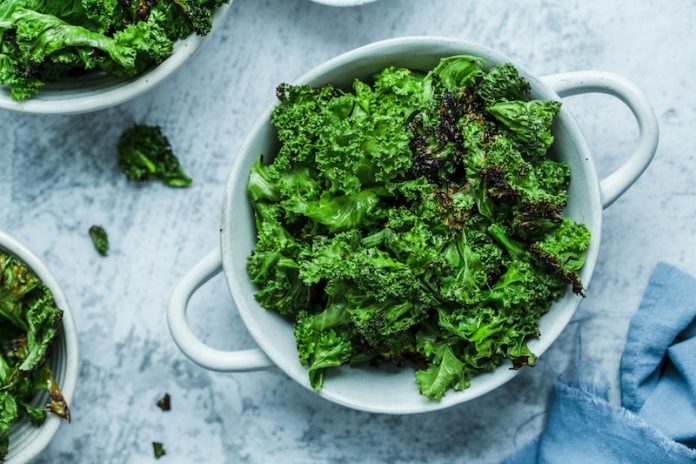
While no single food can prevent or cure cancer, some foods have natural compounds that may help the body fight cancer cells and reduce the risk of cancer developing or spreading.
These foods don’t act like medicine, but research shows that certain fruits, vegetables, and plant-based ingredients contain nutrients and chemicals that support the immune system, reduce inflammation, and even slow the growth of cancer cells in lab studies.
This article explains which everyday foods have shown cancer-fighting potential and how they may work, all in simple, easy-to-understand language.
Berries like blueberries, strawberries, and raspberries are packed with antioxidants, including a compound called anthocyanin that gives them their rich color. Antioxidants help protect cells from damage caused by free radicals, which can play a role in cancer development.
Several studies have shown that berries may slow the growth of tumors in animals and reduce markers of cancer in humans. For example, a study published in the journal Cancer Research found that black raspberries slowed the growth of esophageal cancer in rats.
Cruciferous vegetables—like broccoli, cauliflower, kale, and Brussels sprouts—contain a natural compound called sulforaphane. In lab tests, sulforaphane has been shown to destroy cancer cells and prevent tumors from growing.
A review in the journal Oxidative Medicine and Cellular Longevity reported that people who eat more cruciferous vegetables may have a lower risk of certain cancers, including breast, prostate, and colorectal cancer.
Garlic and onions are also powerful cancer-fighting foods. They contain sulfur compounds that may help slow tumor growth and protect healthy cells. Some studies suggest that people who eat garlic regularly may have a lower risk of cancers of the stomach, colon, and esophagus.
A study from the National Cancer Institute found that people who ate high amounts of garlic had a 30% lower risk of colorectal cancer than those who ate less.
Green tea is another widely studied food for cancer prevention. It contains antioxidants called catechins, especially one called EGCG, which has been shown in lab studies to slow the spread of cancer cells and reduce inflammation.
While more research in humans is needed, population studies in Asia, where green tea is commonly consumed, suggest a possible link between regular green tea drinking and lower rates of certain cancers.
Tomatoes are rich in a compound called lycopene, which gives them their red color. Lycopene has been shown to help protect cells from damage and may slow the growth of some cancer cells, especially prostate cancer. Cooked tomatoes, like those in sauces or soups, may offer even more benefits because cooking helps release more lycopene.
Turmeric, a yellow spice often used in Indian cooking, contains a powerful compound called curcumin. Curcumin has been shown in many lab studies to fight inflammation and block the growth of cancer cells. However, curcumin is not easily absorbed by the body, so it’s often combined with black pepper to help improve absorption.
Other helpful foods include leafy greens like spinach, fiber-rich foods like oats and legumes, and nuts such as walnuts and almonds. These foods support overall health, digestion, and immune function. A diet rich in plant-based foods also helps maintain a healthy weight, which is important because obesity is a known risk factor for several cancers.
In conclusion, while food alone cannot cure cancer, many natural ingredients in fruits, vegetables, and plant-based products contain powerful compounds that support the body’s ability to protect itself.
Eating a wide variety of colorful, whole foods every day can help reduce inflammation, protect healthy cells, and possibly reduce the risk of cancer over time. Choosing healthy foods is one of the most accessible and effective ways to support long-term well-being.
For more information about cancer, please see recent studies that plant-based diets may reduce risk of colorectal cancer in men, and Low-fat diet may help stop cancer growth.
For more information about cancer, please see recent studies about How to harness the power of anti-cancer foods and supplements and results showing that Empower your plate: cancer-fighting foods and recipes.
Copyright © 2025 Knowridge Science Report. All rights reserved.



